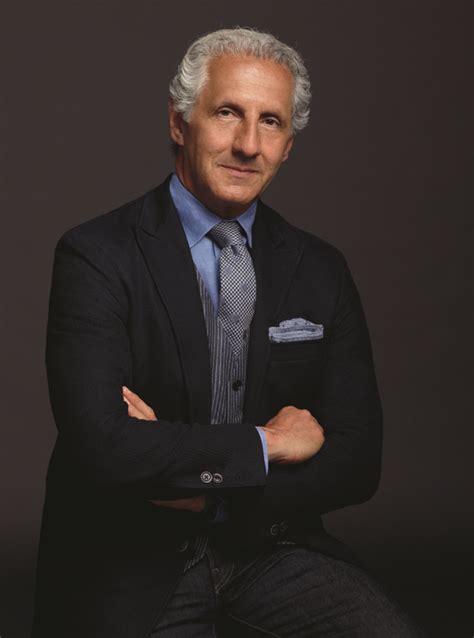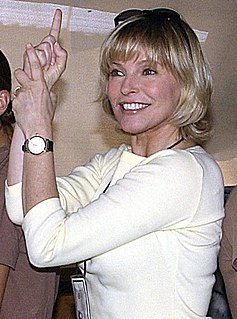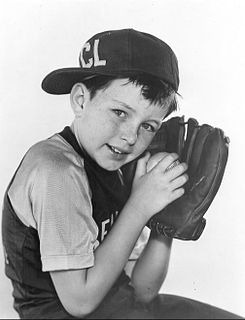A Quote by Frances McDormand
My father was a minister, and it was more my mother that had the responsibility of making sure the family put out an outward of appearance of living what he was preaching. She was the PR.
Related Quotes
My family background really only consists of my mother. She was a widow. My father died quite young; he must have been thirty-one. Then there was my twin brother and my sister. We had two aunts as well, my father's sisters. But the immediate family consisted of my mother, my brother, my sister, and me.
Emma took the revelation, on polygamy supposed she had all there was; but Joseph had wisdom enough to take care of it, and he had handed the revelation to Bishop Whitney, and he wrote it all off... She went to the fireplace and put it in, and put a candle under it and burnt it, and she thought that was the end of it, and she will be damned as sure as she is a living woman. Joseph used to say that he would have her hereafter, if he had to go to hell for her, and he will have to go to hell for her as sure as he ever gets her.
My family was very engaged in the world around us. My father was an African Methodist Episcopal minister and an immigrant from Panama. He was deeply involved in civil rights causes, which scared my mother - she was also an immigrant, from Barbados, who had her hands full with six kids, and she worried that my father would get deported. But because of his passion for politics and civil rights, we paid close attention to current events. We would watch political conventions together - for fun!
My father was married to mother 'til the day he died, for over 64 years. He's why I kept trying to get the marriage thing right. All I knew growing up was that my father was married to and loved my momma, period. He worked hard, made some money, and put it on the dresser. She spent it on the family, and he went out and earned some more. He taught me the most about love.
When I was nine years old, living on the south side of Chicago, my father was a minister and my mother used to scrub floors. I had seven brothers and four sisters. I told my mama, 'One of these days I'm going to be big and strong and buy you a beautiful house.' That's all I've ever wanted to do with my life, is to take care of my mother.
Leadership has to be focused on some very radical ideas that only we as 21st Century people can talk about: making sure people have a livelihood, making sure people receive a living wage, making sure the environment, the Mother Earth, is embraced and cherished and not destroyed. Making sure people are healthy in what they eat, making sure we hold people and corporations accountable for the damage they do not only to our environment but to our institutions.
I think my mother became the muse because she had everything when she was in Hollywood: she had the marriage, the success, the money, all the films she wanted to do and yet even her, she had a longing and wanted to work with a film that had meaning, something more profound. And I think that was very touching to father.




































